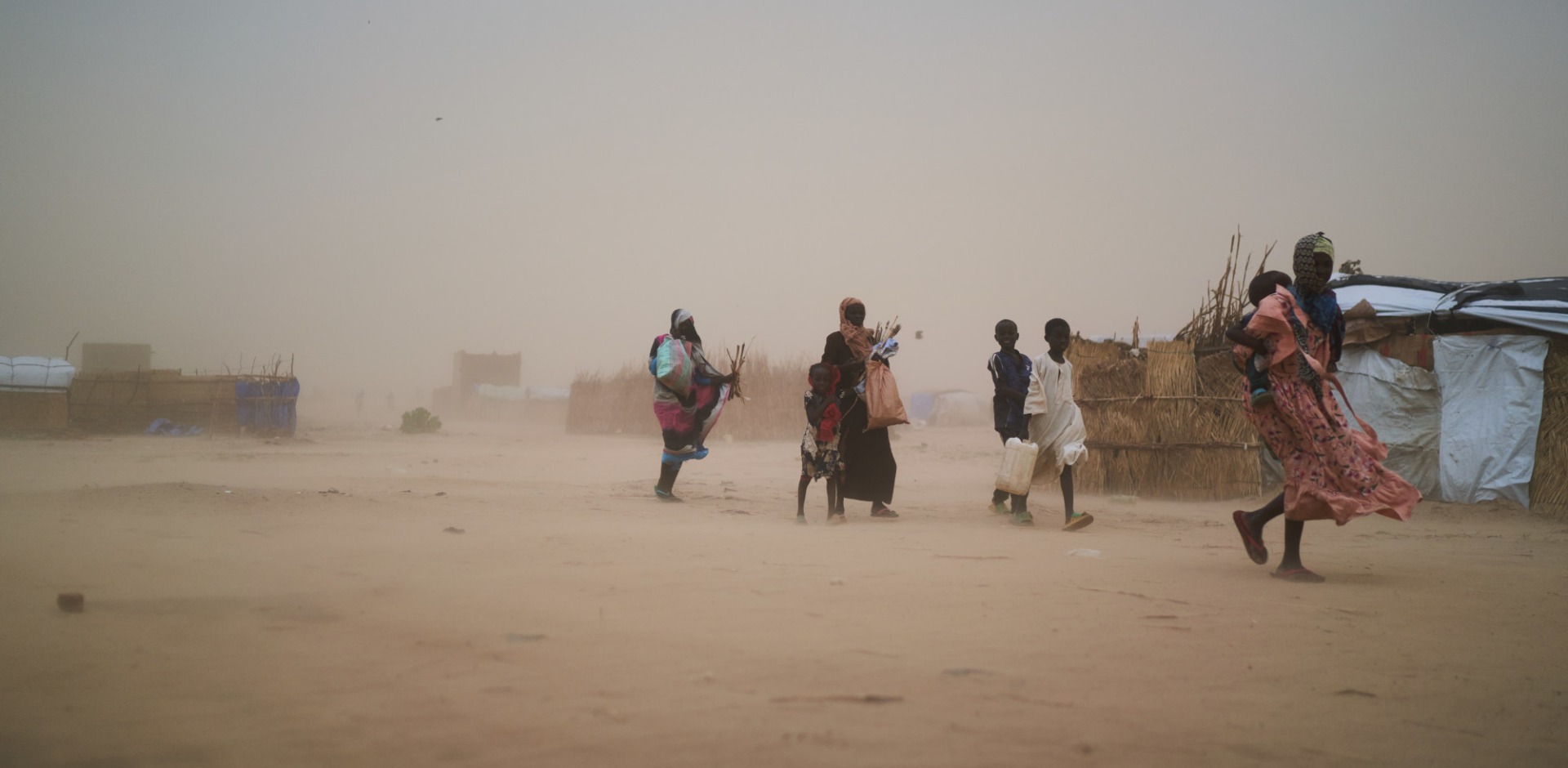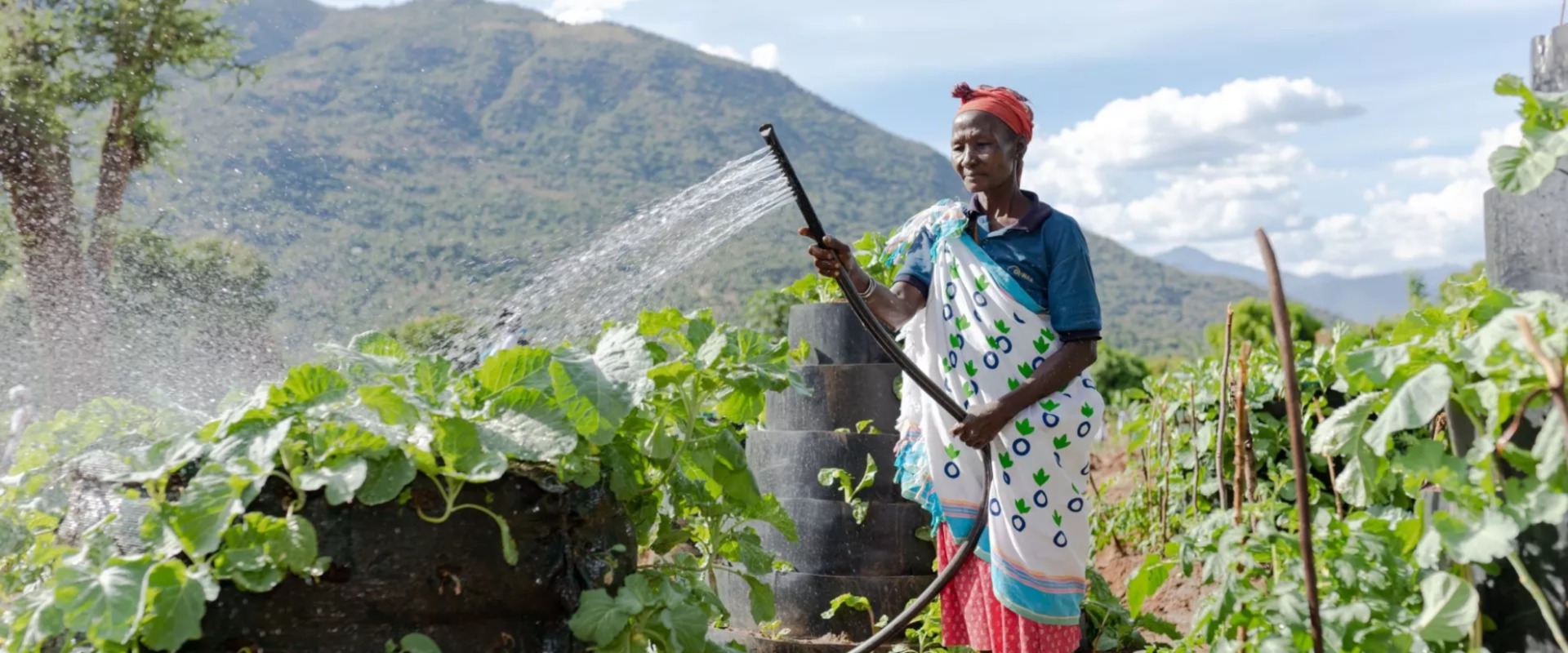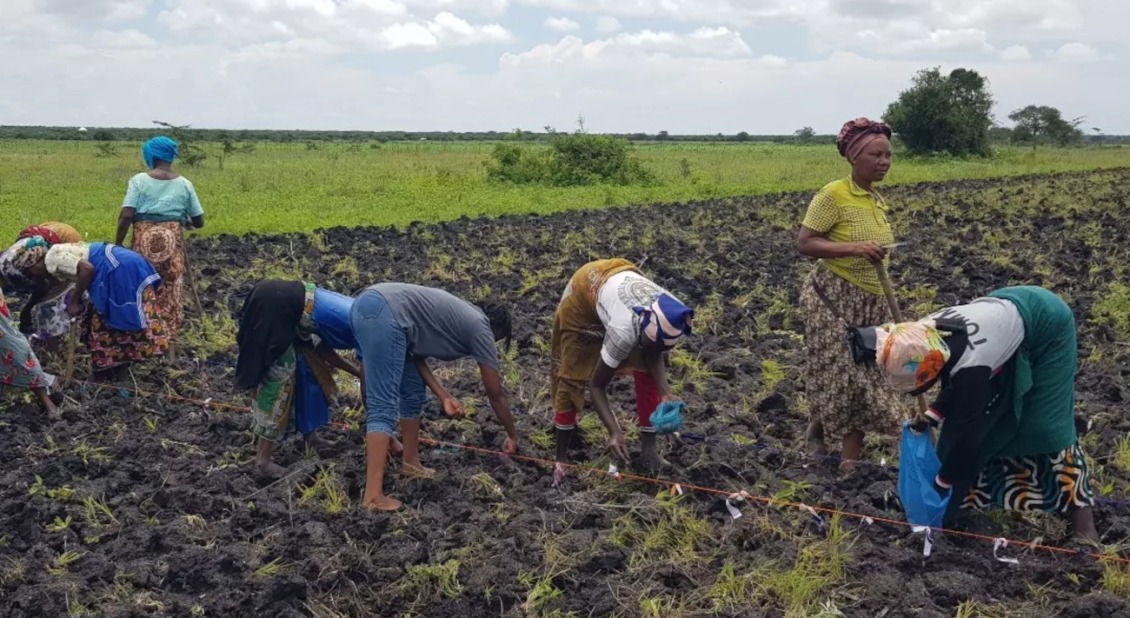
FAMINE IN SUDAN

The world is experiencing a global hunger crisis that has gone unreported. As you read this piece, over 783 million people across the world are food insecure. This is equivalent to the entire populations of the US, Canada, Mexico, Germany, France, and the U.K. going to bed hungry every day!
Even though we all agree that this should not be the case in the 21st century, reports show that the number of people facing hunger is on the rise and will reach 800 million in the next few years if left unchecked. As UN Secretary-General Antoni Guterres said, “In a world of plenty, it is outrageous that people continue to suffer and die from hunger.’’
This year marks a significant milestone in the global fight against hunger: the 50th anniversary of the Universal Declaration on the Eradication of Hunger and Malnutrition by the UN General Assembly. Resolution 3348 (XXIX) sought to eradicate hunger through concerted efforts by countries and the international community. In its proclamation, world leaders declared, “Every man, woman, and child has the inalienable right to be free from hunger and malnutrition.” Five decades after this declaration, millions are still dying of hunger every year. What went wrong?
The rise in global hunger can be attributed to several factors, including armed conflict and civil strife, climate change, and rising food prices influenced by global events such as the conflicts in Ukraine and Gaza. While providing aid to those facing hunger can reduce the number of people without access to food in the near term, there is a better and more sustainable solution; inclusion of women in the fight against hunger.
Women are disproportionately affected by hunger; in nearly two-thirds of the world’s countries, women are more likely than men to suffer from food insecurity. Empowering women with resources, education, and support is critical in combating malnutrition. In most developing countries, women, especially those in rural areas, face extreme poverty, have less education, and lack control over land and economic resources, even though they constitute the majority of farm laborers and primary caregivers for their families.
Globally, more than 1 billion women and adolescent girls suffer from malnutrition, and the prevalence of food insecurity is higher for women in every region around the world. Supporting women’s livelihoods means helping to improve the health, nutrition, and well-being of the entire family. Furthermore, educating women on nutrition can have far-reaching effects on the entire community.

According to the Canadian Food Security Policy Group, a network of Canadian development and humanitarian organizations with expertise in global food systems and food security in the Global South, the most effective way Canada can help fend off a global hunger emergency is by supporting agriculture projects that focus on women’s empowerment.
In parts of rural Tanzania and Uganda, Global Affairs Canada is funding a five-year project, Gender Equitable Nutrition in Tanzania and Uganda (GENTU), that aims to improve and sustain nutrition outcomes for the poorest and most marginalized women, adolescent girls, and children through comprehensive and integrated strategies targeting multiple stakeholders at the local and national level. One key project strategy includes training and supporting women’s inclusion in agriculture. Action Against Hunger Canada is implementing the GENTU project.
In recognition of the important role women have in enhancing food security and in view of the challenges women face, the UN General Assembly has declared 2026 the International Year of the Woman Farmer. The designation is meant to catalyze the inclusion of more women into agriculture while addressing their unique challenges.
We are definitely not on track end world hunger by 2030, as envisioned in the UN Sustainable Development Goal 2 (Zero Hunger), but we can make greater progress in the fight against hunger by including women in the agri-food chain. After all, a thriving woman, translates to a thriving world.”
Join our community of supporters passionate about ending world hunger.